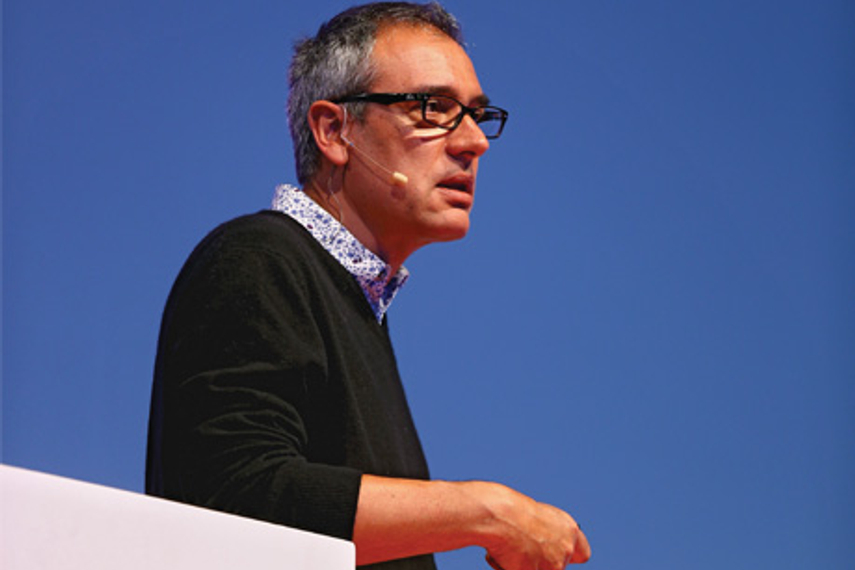
Please sign in or register
Existing users sign in here
Having trouble signing in?
Contact Customer Support at
[email protected]
or call+91 22 69489600
Jose Miguel Sokoloff, chairman of Lowe's global creative council, underlines the power of advertising to effect change, and reflects on rising creativity and recognition for work from different parts of the world

Contact Customer Support at
[email protected]
or call+91 22 69489600
Top news, insights and analysis every weekday
Sign up for Campaign Bulletins
In an era where outrage escalates in minutes, the airline’s December meltdown is a masterclass in what not to do.
While India has massive download volume, only a small percentage are high-value payers.
A phased rollout amplified brand ambassador Jennifer Lopez’s film organically, clocking 30,41,862 impressions and 85,209 engagements beyond the usual endorsement spike.
Julia Hoffmann and Andrew McKechnie join the ChatGPT parent in new roles.